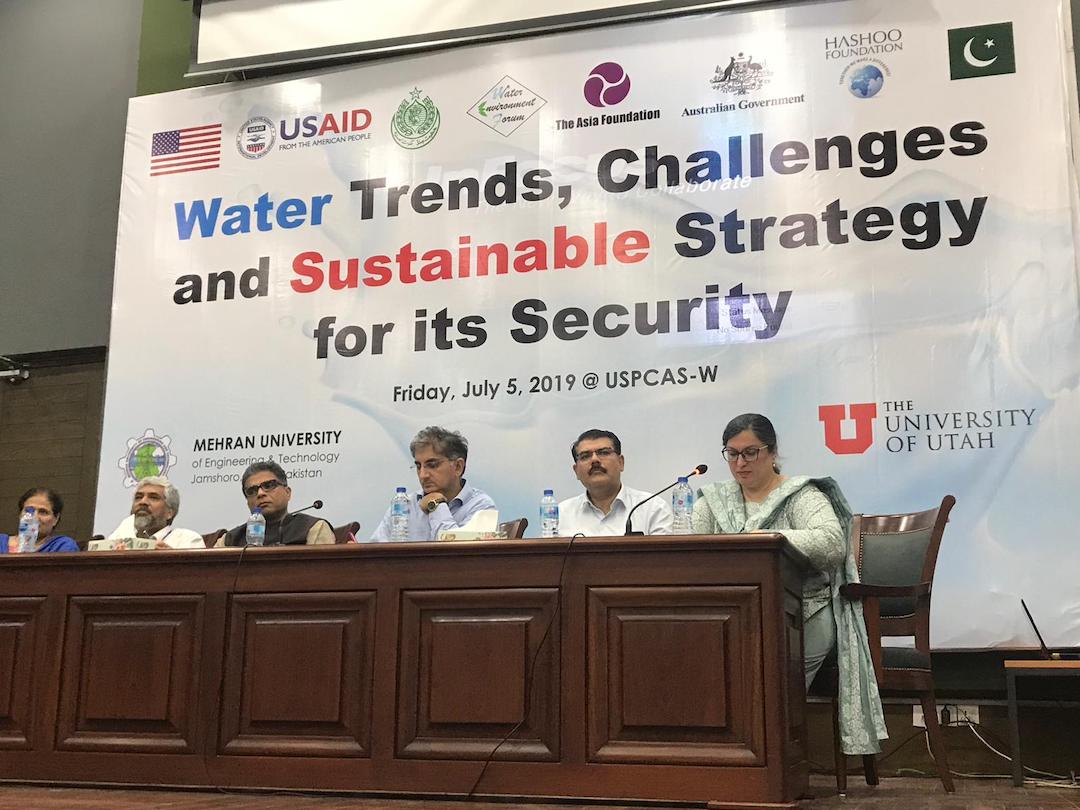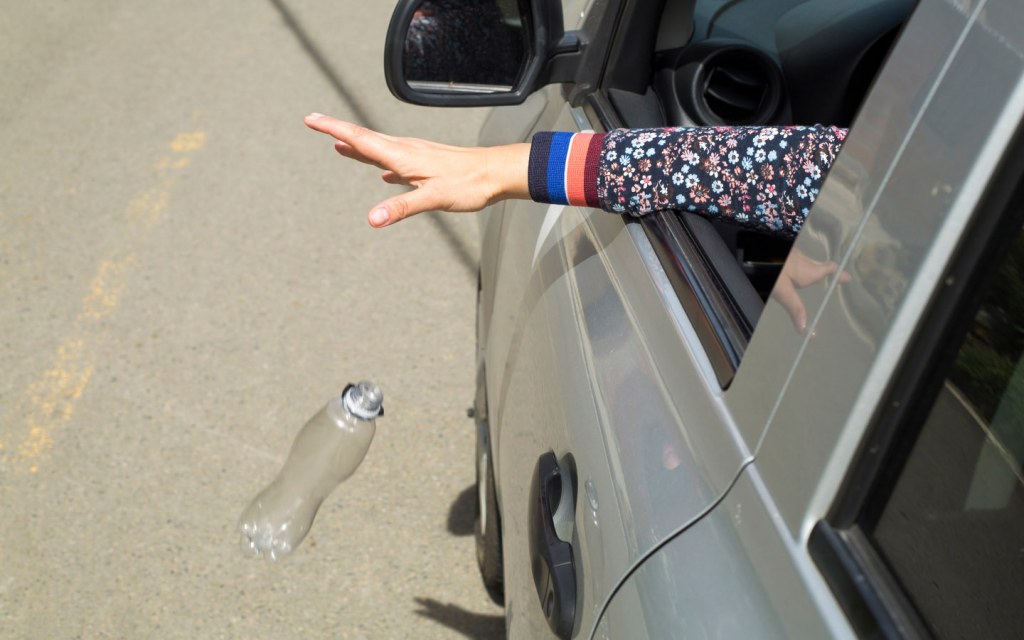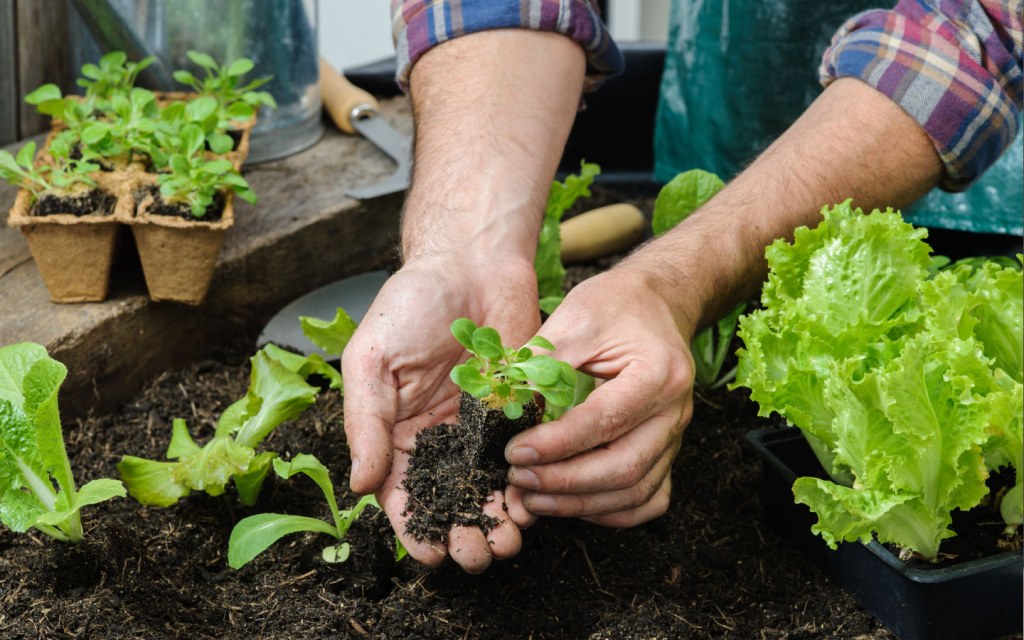Green Growth in Pakistan: A Necessary Paradigm Shift
With the ratification of an IMF bailout on May 12, Pakistan has now embarked on a difficult journey towards long-term economic stability. Some principal indicators suggest the extent of the pain: Inflation is expected to run around 18 percent in 2019–20. The Pakistani rupee has fallen significantly against the dollar, eroding national buying power, and the IMF projects a further fall, to 198.8 rupees per dollar, a 47 percent decline, by 2023. For a nation whose average income per capita is roughly $1,500 per year, this means carnage. Inflation is putting severe pressure on commerce, forcing firms to downsize or freeze investment due to high volatility and low returns. At the same time, the price of a basket of basic necessities is rising, making life increasingly difficult for the average Pakistani
At this moment of economic decision, Pakistan has an opportunity to follow the green path.
No longer are we an agricultural nation as of old. The largest share of Pakistan’s economy, 61.2 percent, is now in services, while industry and agriculture make up less than 40 percent. Sure, one might give Pakistan a pass: Why should a country whose GDP is less than $1,500 per person concern itself with civic notions of sustainability? With inflation hovering around 18 percent, new investment in sustainability is not encouraged by Pakistan’s macroeconomic environment. Sustainability may make sense in the long term, but the short-term cost of going green can be a substantial obstacle, a form of path dependency that has so far discouraged a green transformation.
As the soul-searching begins over the nation’s economic character and future direction, it is useful to consider a previous economic crisis of even larger scale, the Financial Crisis of 2008. Where observers had predicted, in the wake of that event, a worldwide reversion to fossil-fuel-guzzling, pollution-belching industries, we witnessed instead a global increase in sustainability efforts, as tracked by the S&P Dow Jones Sustainability Index.
Surprising? Possibly. Folly? Not at all. These efforts to go green actually made, and today still make, strategic sense. Unsustainable fossil fuels and environmentally irresponsible economic activities have serious costs, including fuel costs, collateral damage, and public relations nightmares (looking for a diesel Volkswagen, anyone?).At this moment of economic decision, Pakistan has an opportunity to follow the green path.
No longer are we an agricultural nation as of old. The largest share of Pakistan’s economy, 61.2 percent, is now in services, while industry and agriculture make up less than 40 percent. Sure, one might give Pakistan a pass: Why should a country whose GDP is less than $1,500 per person concern itself with civic notions of sustainability? With inflation hovering around 18 percent, new investment in sustainability is not encouraged by Pakistan’s macroeconomic environment. Sustainability may make sense in the long term, but the short-term cost of going green can be a substantial obstacle, a form of path dependency that has so far discouraged a green transformation.
The Asia Foundation in Pakistan has been encouraging coordinated thinking about the water, energy, and food sectors to alleviate the current policy incoherence among the nation’s many environmental stakeholders. Our national awareness program on the water-energy-food nexus, part of our Environmental Sustainability and Economic Development Program here in Pakistan, holds consultations with leading activists, academics, and government bureaucrats to develop a strategy to institutionalize coordinated, nexus-based thinking in these three interrelated areas.
The major challenge is to instill the value of sustainability in Pakistan’s private sector, and pressure from civil society will be essential to achieve this. The Asia Foundation in Pakistan has been conducting advocacy campaigns among major stakeholders to catalyze a conversation at all levels—from students to the highest echelons of government. Now, we need to build on this foundation. The industrial and service sectors provide well over three-quarters of our GDP. Given this, we need a new “sustainability platform” to help these engines of the private economy account for environmental costs and benefits. One promising example is PwC’s Total Impact Measurement & Management platform, which allows companies to calculate the economic, social, environmental, and tax consequences of their operations. Pakistan must adopt such platforms, localize them, and use them to promote an outlook that favors sustainability. Then, Pakistan’s future can be both green and prosperous.



